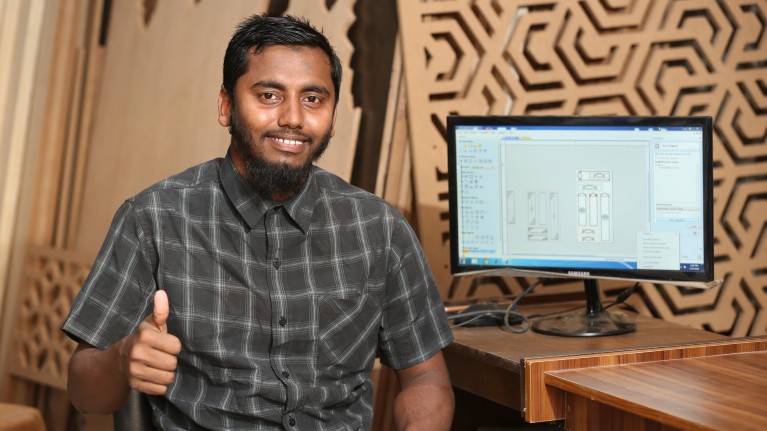Bangladesh
A market systems approach to skills development has the potential to lead to more sustainable employment outcomes at scale, by taking a holistic approach to addressing both supply- and demand-side factors, as well as tackling the cost of skills development programmes and strengthening the link between market needs and the important role of regulation and standards.
Drawing on three case studies, this paper explores how a market systems development (MSD) approach to skills development can lead to employment outcomes and foster sustainable impact through systemic change that is owned, maintained, and further evolved by local stakeholders.
Skills 21 project addresses following priority areas, in particular:
- Strengthening the quality of the TVET/Skills development system, including development of the Bangladesh National Qualifications Framework (BNQF) to harmonize qualification pathways across technical and formal education;
- Creating model TVET institutes which are inclusive, environmentally conscious, high-quality and labour-market responsive;
- Establishing a framework for a more conducive legislative, regulatory and institutional Sector Wide Approach (SWAP) in the TVET/skills development sector to improve TVET governance;
- The project also aims to support collaboration between companies and relevant training providers to develop and implement demand-driven education and training programmes.
As a result of the measures taken to enhance disability inclusion, enrolment of students with disabilities at DTE's TVET institutes increased significantly with ILO support.
Nine TVET institutes have now established partnerships with the Organization for Disability Peoples (OPDs).
Out of 118 TVET institutes under DTE, 99 now have an Annual Disability Inclusion Action Plan featuring a budget and timeline.
Dissemination of DTE's model of disability inclusion in TVET institutes supports the inclusion of 12 different types of persons with disabilities in their monitoring system.
Skills 21 – Empowering citizens for inclusive and sustainable growth - Midterm evaluation
The apprenticeship programme is being implemented through local partners and has resulted in improved employability, school-to-work transitions, personal and professional development, and access to jobs. Here are two case studies that show how the programme is affecting the livelihoods of two young people in rural areas of Bangladesh.
To read the rest of this article, click on the PDF below.
The ILO Skills and Lifelong Learning monthly newsletter highlights recently uploaded publications, reports, research items, videos and upcoming events on skills development and lifelong learning.
Sign up to receive the Newsletter by clicking here.



